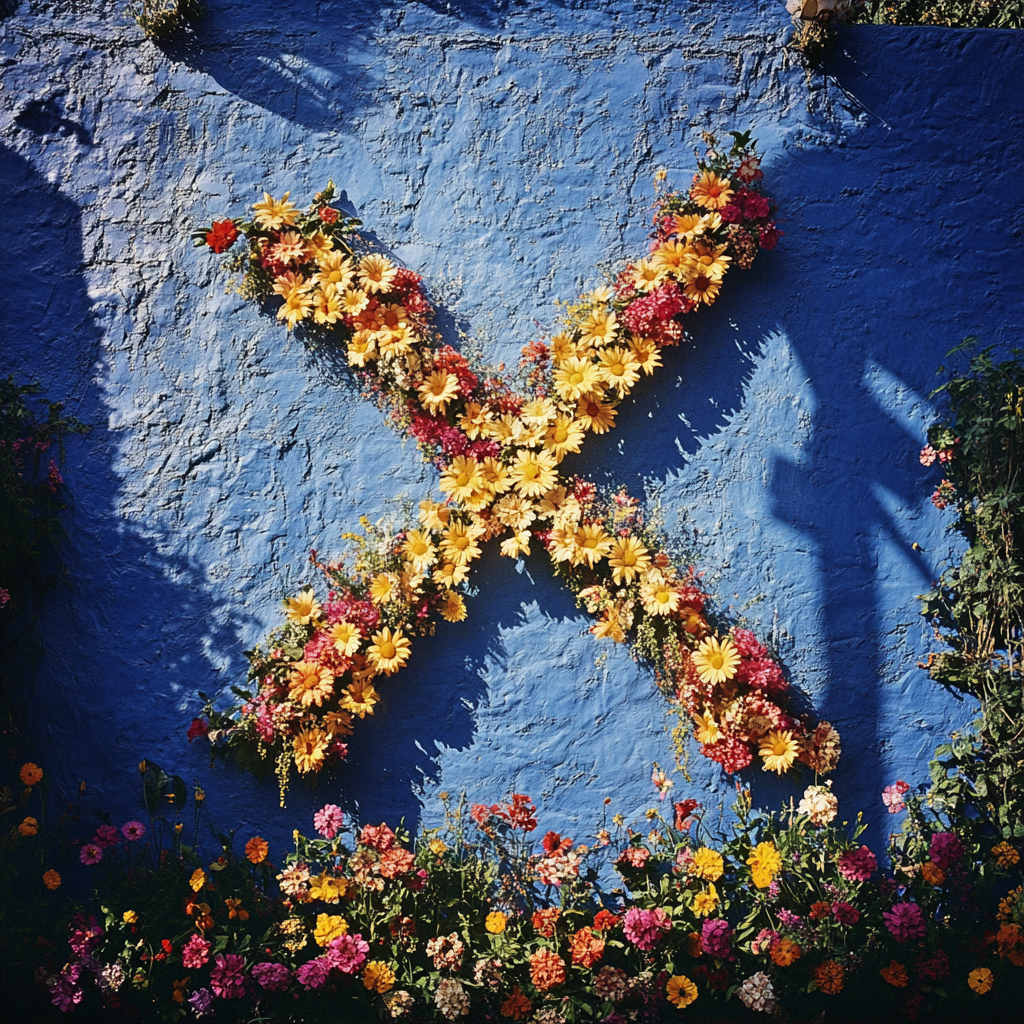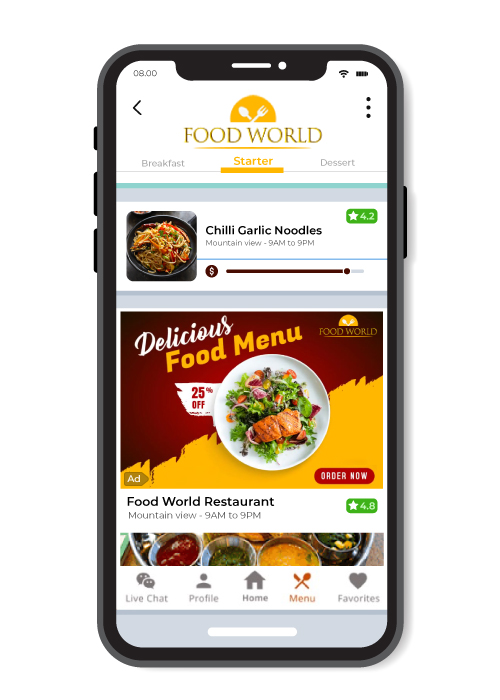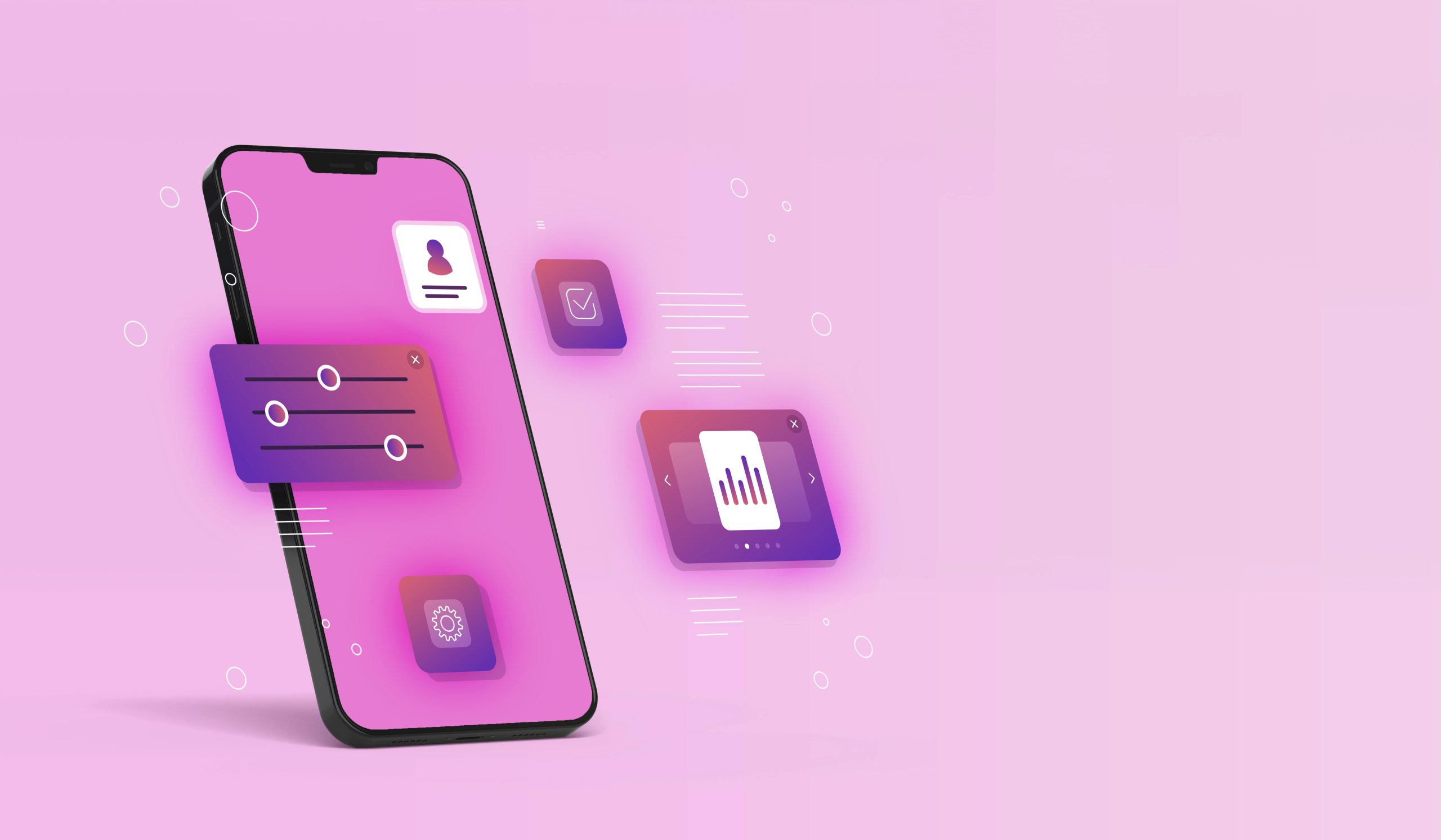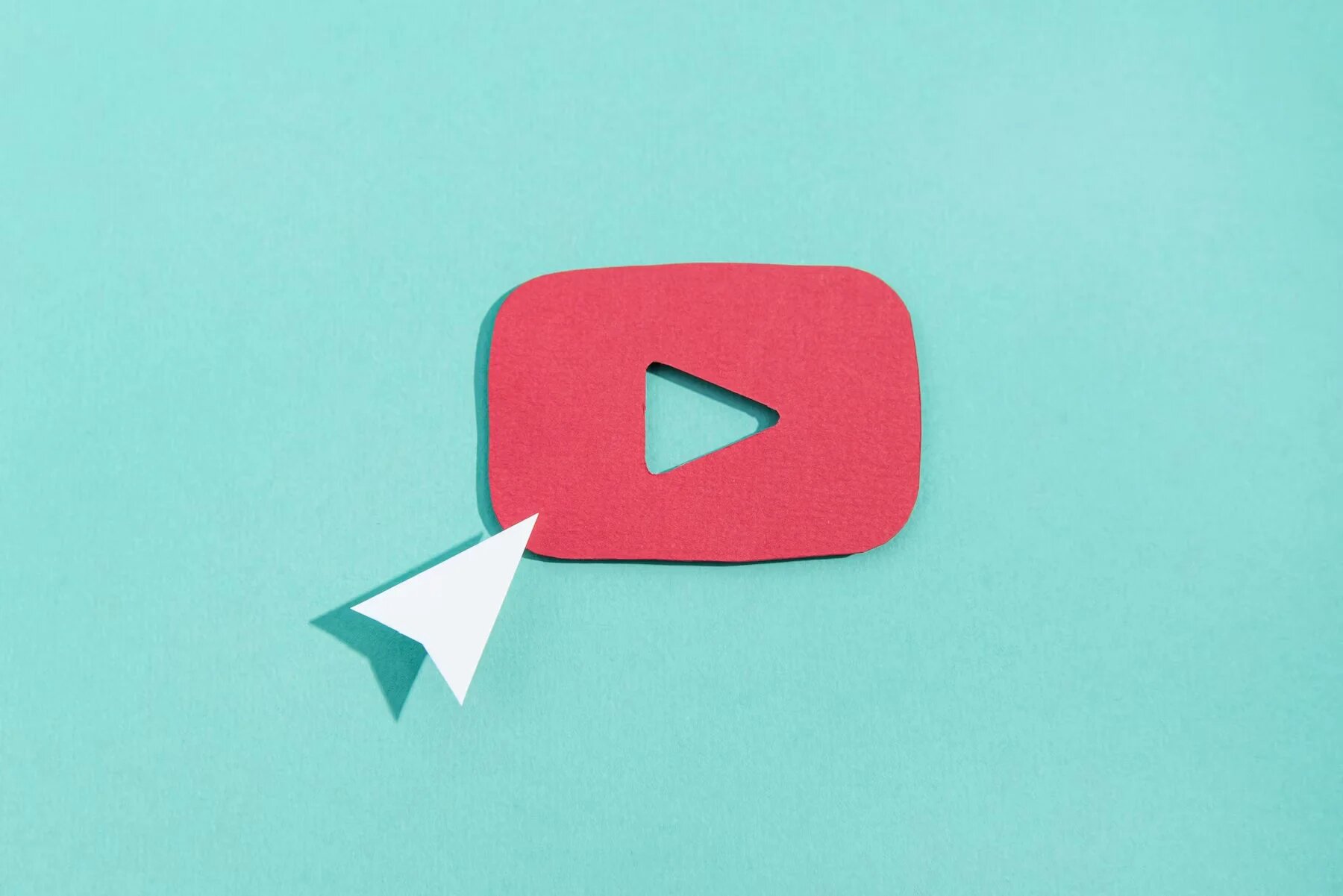In the attention economy, consumer attention is the most valuable commodity – a finite one. With infinite brands battling it out for the same resource, even the most enticing advertisement language isn’t quite enough to “hook” a potential user. But, if there’s one thing that can act as an antidote to ad blindness, it is ‘Ad Creative Excellence.’
Mobile marketers can stand out in a cluttered digital space when they bet big on ad creative excellence.
This blog takes you through the essential in-app, ad creative formats and the best practices to use them.
How Important is Ad Creative Excellence?
Whether your users scroll or stop, click or drop partly arises from a subconscious suggestion well before the conscious mind registers it. In the mobile marketing world, you are on the right track if you can attain immediate relevance with users.
That’s why ad creativity is the most powerful tool in an app marketer’s arsenal. It both evokes emotions and provokes action.
Further, someone who has never heard of your brand will view your ads differently than someone who has. Understanding your user journey and integrating that into your ad creative strategy is what sets up your campaigns for success.
Types of In-app Ad Creative Formats
Mobile Banner Ads: Unparalleled Reach
Mobile banner advertisements have been around since the dawn of digital advertising. These are standard ad units served at the screen’s top or bottom and are one of the most extensively used mobile ad formats.
Currently, the most popular sizes for mobile banners are 300*250, 320*50, and 300*50. The 300*250 pixel size, known commonly as the ‘medium rectangle,‘ is one of the “Top Performing Ad Sizes” as listed by Google.
Winning factors
🔹 Banner ads are cost-effective: In digital real estate, smaller plots of pixels are priced accordingly. Banner ads occupy less space and are cost-effective to create and place.
🔹 Great for early UA campaigns: Banner ads are universally-accepted and can be integrated with any app. This allows you to maximize your campaign’s reach and test its effectiveness for a new audience at an affordable cost. Further, it’s easier to create variants of the same banner and measure what works best.
Keep in mind: Your users might overlook the banners given their omnipresence across apps. However, that’s exactly where you can shine by creating simple yet out-of-ordinary banners. With banners being eas
Interstitials: Capturing Imagination in Full Screen
Interstitial advertisements are full-screen ad units that usually are ten times as big as your banner ads. Typically, they are displayed at transitional points like pauses and in-between activities.
You may use the full-screen size or choose from various conventional sizes. Advertisers with the objective of conversion (rather than brand recognition) are increasingly experimenting with the interstitial format when it comes to demand.
Winning factors
🔹 Enhanced Impressions and CTR: Interstitial ads occupy the entirety of the screen maximizing impressions and conversion rates. It helps overcome banner blindness and encourages users to interact with the ad.
But, as they say, with great power comes great responsibility and it’s important to use interstitials in a contextual way without disrupting the user experience.
Video Ads: Captivate, Communicate, Convert
Online consumers today are video-first users, and it is only natural that video ad formats drive the highest engagement rate among other formats. These are ad units that utilize video footage as a core element to communicate and connect with users. This format requires additional time and budget but promises impressive engagement rates and CTRs.
Rewarded videos as an emerging trend
We know that undivided attention is every advertiser’s end goal. We also know that in a world inundated with ads, users would only watch an ad if it enriches their life.
Enter rewarded videos. Since its inception, rewarded videos have revolutionized the in-app user experience. Rewarded advertising rewards the viewer with something valuable like gaming bonuses, extra lives, tips, free articles, discounts etc. Especially for gaming apps, this is a true game-changer with 62% of developers seeing a considerable increase in user retention and monetization opportunities after introducing rewarded video ads. (Adpushup)
Winning Factors
🔹 High engagement rates with memorable storytelling: With a high creative potential, this format does wonders in building a compelling brand story without causing ad fatigue.
🔹 Seamless user experience and high brand recall: Rewarded videos by design allow users to opt-in to continue watching, making for an uninterrupted user experience. Since users often watch the video to completion, it generates high brand recall and revenue.
Keep in mind: Video ads generally have higher CPMs and the creation takes up more time and resources. Be sure to maximize the ROI by using it at the right stage in the user journey.
In addition, video loading time might impact ad performance. Hence, the IAB recommends using the following resolutions to ensure seamless video transmission across a wide range of mobile devices.
Low resolution, or standard definition: 640 x 489
Medium resolution: 1280 x 720
High resolution, or high definition: 1920 x 1080
Native Ads: Ads That Do Not Feel Like Ads
With a shifting priority towards seamless user experience, native ads mark an important stage in the evolution of mobile advertising. Native advertisements are ad units designed in line with the look and feel of the app environment.
Keep in mind: According to IAB Guidelines, you must ask the below questions before devising a native advertising strategy.
🔹 Design: What does the ad look like, and how does it fit with the overall page design?
Does the ad align with the visual design of its environment and truly feel native?
🔹 Location: Physically, where is the ad placed? Is the ad placement within the app’s feed or outside of it?
🔹 Ad behavior: How well does the ad match the behavior of the native content?
Is it the same (i.e., linking to an in-app check-out page), or are new behaviors introduced (i.e., links that redirect the users outside the app)?
🔹 Disclosure: How does the publisher disclose that this is an ad and not a part of the in-app content? Is the disclosure clear enough?
Winning Factors
🔹 Non-intrusive: They integrate seamlessly with the app’s surroundings making for a superior user experience.
🔹 Increased Engagement and Conversion: As users do not see these as ads, it maximizes engagement and conversion with CTRs of over 50% for the advertiser. A win-win in the age of information overload.
Rich Media Ads: Best of Multiple Worlds
Rich media format offers the best of multiple worlds with interactive elements like video, audio, and animation; a format that can only be served through programmatic platforms.
They deploy advanced web technologies like HTML 5, CSS, and JS to create ads combining multiple file types.
Rich media advertising enhances user engagement by 79 percent, brand recall by 18 percent, and message recall by 23 percent. (IAB and ComScore).
At RevX, we develop highly innovative hybrid banner ads, which combine the benefits of video creatives with the interactivity of Dynamic Creative Optimization feeds.
This complements our offerings between pure DCO ads and pure video ads, an improvement that brought us up to industry standards.
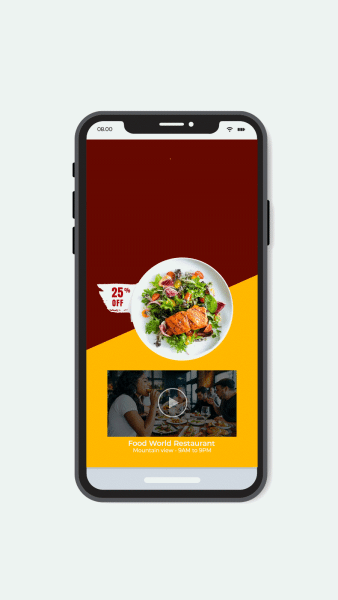
And we took it to the next level by applying the same method in dynamic video ads and introducing hybrid dynamic video ads – an industry-first feature geared to outperform regular DCO ads and regular dynamic video ads.
Winning Factors
🔹 Eye-catching design and increased interactivity: When you combine the best features of multiple formats, it’s bound to create an eye-catching design that evokes a response and provokes action. This also allows advertisers to express their brand identity in unique and authentic ways.
🔹 Granular data on engagement: With multiple tracking links, advertisers can access granular data on how users engage with your ad.
Playables: Handing it Over to the Users
A lot of ad fatigue stems from users having no control over it or any role in it.
Playable ads challenge this with interactive experiences, turning the user into the ‘main character’. Widely used by gaming apps, playables allow users to play a scaled-down version of the game and thereby experience the spirit of the game. These are also paired with rewards as an incentive to install the app.
Other verticals like finance, eCommerce are also following the playable path, allowing users
to decide whether the app is up their alley.
Winning Factors
🔹 Increased User Retention: Since users get a good taste of the app before they choose to install it, retention rates naturally improve.
🔹 Delightful User Experience: Playable ads are really about giving users the ultimate choice; whether to skip, wait or play. Users who play get to deeply engage with a brand and decide whether they want to install.
How to Choose the Most Effective Ad Formats for Your Ad Campaign?
All the aforementioned ad formats have distinct advantages, making them worthwhile to use in a variety of campaigns. But it’s vital to carefully choose the ad styles that are most effective for your specific business goals.
Some factors to consider:
1) The demonstrability of your products and services: For showcasing how things function, playables, video, and interstitial advertisements are typically the best options.
2) Insights from existing campaigns: Test multiple formats and variations of creatives for each campaign and measure their effectiveness before scaling up.
3) The best canvas for your brand’s story: For apps in highly competitive environments, using playable videos and rich media formats can help forge a stronger connection with the user. Advertisers must understand what formats can best support their core communication.
Advertisers must explore all the available formats and test what formats work best with what networks. This is where programmatic technology with its inventory and dynamic creative optimization can make a world of difference in improving the campaign performance.
Ultimately, trial and error is an essential framework in advertising. You must experiment with your creatives and placements to determine what works best for your target audience.
Remember that the limit to creativity is what you say it is. When you combine the powers of creativity and analytics, your app business will genuinely stand out and above.
